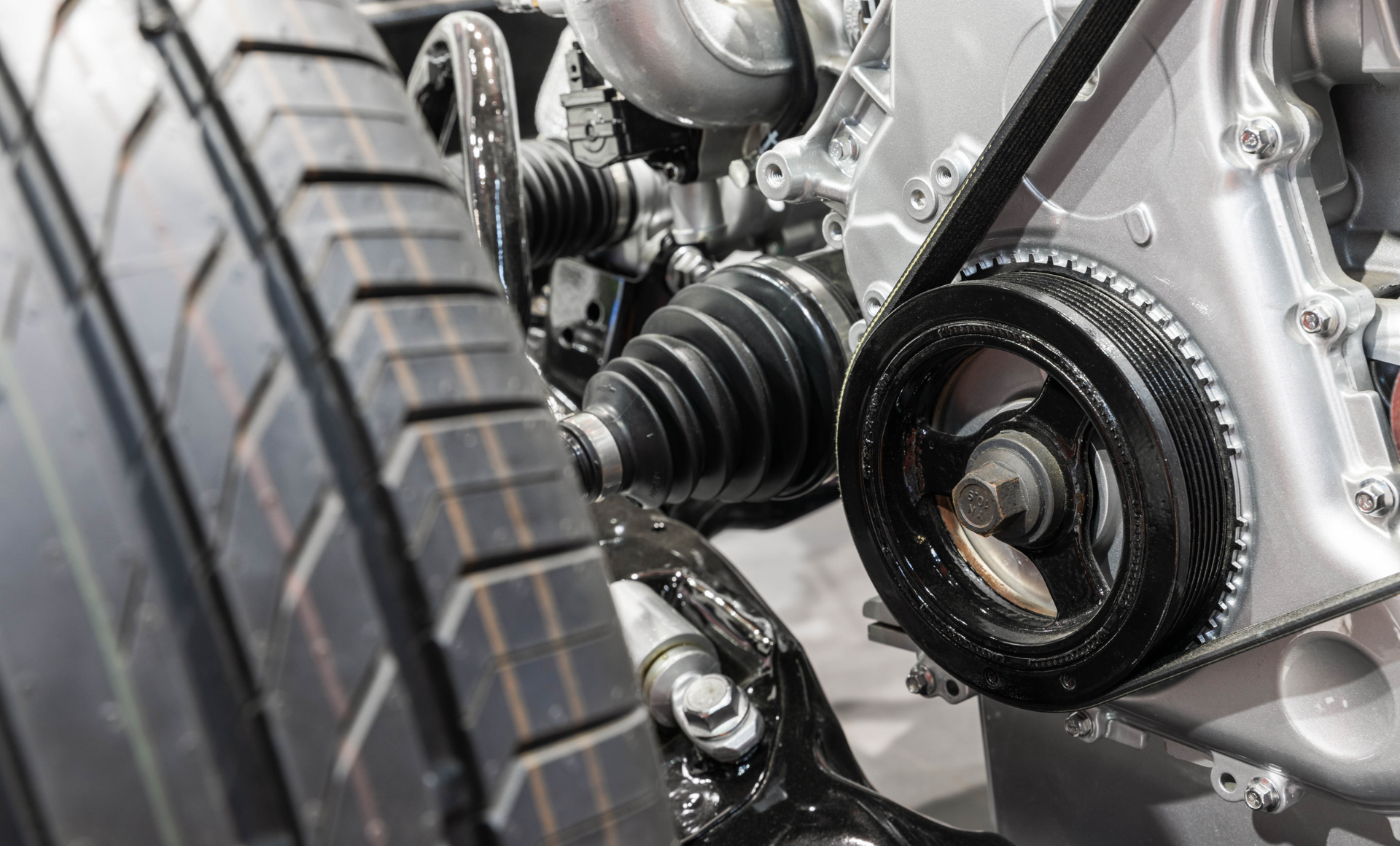Protect Stored Fuel

When it comes down to it, the value of fuel for businesses comes from the work it enables them to do. What this work depends on is the commercial user themselves. They might be a fleet that stores fuel for use by their vehicles. They might be hospitals or utilities or telecom companies that are required to store and maintain certain amounts of mission-critical fuels for backup purposes. All of these users want their stored fuel protected so it will do what they need it to do whenever they need it.
Protecting stored fuel has long been one of Bell Performance’s primary missions, as part of how Bell helps its customers navigate the ever-changing world of fuel.
To best protect stored fuel, the three most important things are, you need to control water buildup, you need to head off microbial problems, and the fuel needs to be stabilized against oxidative breakdown that, otherwise, will degrade its usable properties over time.
Bell Performance’s industrial-strength chemical treatments enable commercial fuel users to do all of these things. Water buildup is controlled both by commercial-grade water absorbers like DFS Plus and by fuel-water “emulsion breakers” that clear up problematic cloudy fuel that will not resolve on its own. Microbial problems are cured by Bell’s selection of broad-spectrum biocides, whether the tried-and-true Bellicide or our newest formulation, zero-sulfur ClearKill (plus corrosion inhibitor). Fuel stabilization is checked off with Dee-Zol Life, the commercial-grade diesel fuel stabilizer that extends usable stored diesel life by protecting it against the reactive actors (like oxygen and water) that would otherwise destroy its usable quality over time.
As we said, all industrial-strength chemical treatments are specifically formulated to work their best in the essential commercial fuels that businesses rely on.
Beyond providing the best commercial-grade chemical chemistries, Bell Fuel & Tank Services helps guide commercial fuel users through protecting their stored fuel by guiding them using the Hybrid Approach to fuel management. This means the right chemicals combined with the necessary mechanical fuel cleaning processes. And both of these are supported by the right testing that is essential, yet so often overlooked by well-meaning entities.
Bell Performance has been helping commercial fuel users get the most from their fuel dollars for over 100 years. Our commercial-grade formulations, combined with the expertise of our Bell Fuel & Tank Services arm, see to it that you have the problem-solving tools and expertise you need.


